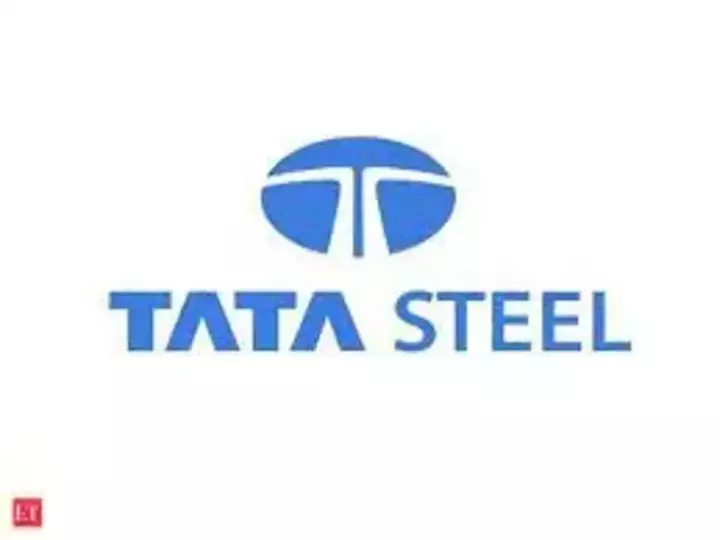Tata Steel Share Price: The China Factor in Global Steel Pricing
Posted by Ankita Singh
Filed in Business 101 views
With global demand and supply dynamics being one of the pre-influences in steel production and consumption, China, being one of the major producers and consumers of steel, always remained in the center. Chinese production levels, export policies, and economic outlooks trigger the fluctuations in global steel prices. Hence, Tata Steel, one of the few major steel producers, finds its share price hurt due to the global phenomena. An understanding of how the China factor influences pricing may give investors insights into how such global trends affect Tata Steel share price movements and thus the opportunities.
On-the-Ground Steel and Pricing: China Factor
The steel sector in China accounts for a sizable share of global production, which in turn would have a bearing on the world over supply situations. When Chinese production is increased, world prices tend to be under pressure owing to excess supply. When production comes down or when exports are curbed, world prices get support on account of tightening supply.
Demand in the steel sector is cyclical, mainly tied to industries under heavy construction. Any slowdowns in Chinese infrastructure projects and/or manufacturing industries will reverberate through the global market affecting prices.
Tata Steel Share Price and Global Trends
Studying the Tata Steel share price, investors ought to explore how fluctuations in global steel pricing, with the Chinese policy changes and production cycles, send ripples down to steel producers. Increased exports from China can suddenly be a pricing pressure on profit margins and stock performance, while the opposite-the holds on Chinese exports will provide eastward momentum for prices.
Tata Steel's operations, both local and overseas, are also dependent on raw materials (input costs of iron ore and coking coal) whose prices are getting altered by disruptions in supply and trade. The bidding behavior of China on imports alters these commodities prices, which thus affects the operating costs and subsequently the profitability of Tata Steel.
How to Stay Prepared: Open Demat Account for Steel Investments
A demat account is essential for any player in the equity market wishing to track steel stocks, including Tata Steel. The demat account is a repository for stocks in an electronic form, making trading seamless and reducing documentation. Open demat account can be done through any registered stock broker or financial service provider. However, investors must ensure that the selected platform is secure and provides easy access to research tools.
Other benefits associated with the opening of a demat account include tracking an investor's shareholding and providing a convenient mechanism to buy and sell shares for Tata Steel and many other companies. Moreover, several platforms also offer price trend information with historical data and commentary from experts, helping investors face volatile markets influenced by all things related to China and its steel production.
Investment considerations should always be congruent with risk tolerance, financial goals, and market outlook. Following developments in the steel sector and global price movements provides investors with the data necessary to make informed investment decisions regarding their exposure to steel stocks.
Currency and Trade Policy Interface
Another aspect of the China factor affecting Tata Steel share price is currency fluctuations and trade agreements. Currency fluctuations can influence pricing mechanisms and export competitiveness. Steel is often traded in a currency different from the currency of the producing country. Trade agreements affect tariff structures and in turn commodity flows regarding pricing levels.
Investors must stay attuned to geopolitical happenings negatively impacting trade corridors, tariffs, and sanctions. Predictably, such happenings may turn out to be seldom, but an in-depth understanding of global trading patterns and political relations can give vocations to how steel prices would react favoring or devaluing Tata Steel price.
Long-Term Outlook and Strategic Positioning
While supply-demand imbalances and policy changes drive price movement in the short term, structural shifts in global steel consumption, energy transition aims, and sustainable manufacturing will shape the long term. Investors looking at the share price of Tata Steel must keep in mind that efforts worldwide to curb carbon emissions and embrace greener technologies will take time to redefine demand and affect the global pattern of investment.
China's clean energy transition and tightening environmental regulations might almost cap steel production, eventually having some bearings on the global supply chain. Such an eventuality would, in turn, somewhere down this timeline, affect pricing and profitability, and henceforth, investors would need to readjust their strategies and have a diversified portfolio.
Conclusion
The Tata Steel share price is affected by a number of factors, with China production, trade policies, and economic cycles being instrumental in the making of global steel prices. It is essential for an investor to understand how these external forces interconnect with price dynamics so as to make prudential decisions.
